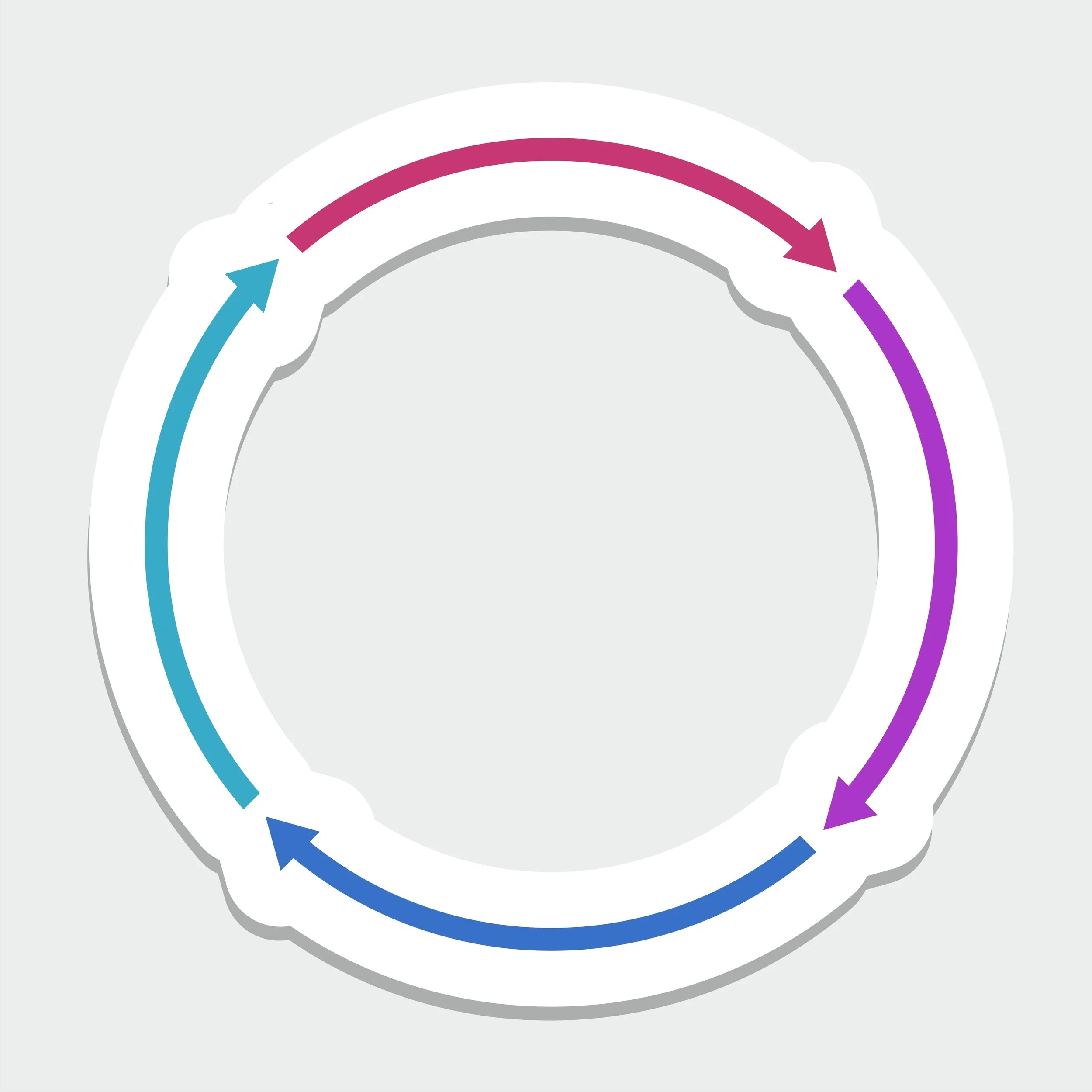Scalable Mental Health Solutions
For too long, child and family mental health intervention and services innovation have neglected scalability as a design consideration. We work closely with healthcare agencies, community groups, funders, and policymakers to develop scalable approaches to workforce development, leadership support, and payment reform.
Our Work Creating Scalable Mental Health Solutions
WELLBEING APPROACH TO CARE
The Wellbeing Approach to Care Blueprint is a practical guide for integrating Wellbeing Specialists into Washington State’s public behavioral health system—expanding access to culturally grounded, team-based mental health support. Developed through a multiyear, community-driven codesign process led by the CARE project, the Blueprint provides actionable guidance for behavioral health organizations, policymakers, and workforce planners. Click here to view the Wellbeing Approach to Care page.
FAMILY STABILIZATION AND WELLNESS SKILLS PROGRAM
The Family Stabilization and Wellness Skills Program (Family Skills Program) aims to build and support a clinical training infrastructure that is fitted to the local needs and context of community behavioral health providers within our state. It has been designed in collaboration with our mental health workforce partners to be feasible and sustainable for their teams and the families they serve. Additionally, our team is developing an online, asynchronous, and evidence-based support resource for caregivers of high-risk youth. Click here to view the Family Stabilization and Wellness Skills Program page.
CULTURALLY AFFIRMING & RESPONSIVE MENTAL HEALTH (CARE) FOR KIDS & FAMILIES
With workforce shortages and the impact of COVID-19 on our communities' mental health, the need for expanding access to culturally responsive, child mental and behavioral health services is immense. CARE for Kids & Families is a new project led by a growing coalition of collaborators and facilitated by UW’s CoLab for Community and Behavioral Health Policy that works to address that need while centering community knowledge and lived experience. This initiative has been funded through Washington State legislative proviso. Click here to view the Culturally Affirming and Responsive Mental Health (CARE) for Kids and Families page.
EMBEDDED CLINICAL COACHING
Embedded Clinical Coaching (ECC) is an innovative approach to clinical training that empowers behavioral health provider agencies to flexibly train their own workforce in evidence-based practices. ECC uses asynchronous online training, skills demonstrations, and peer-led consultation groups to "embed" experience in evidence-based practices within provider agencies. Click here to view the Embedded Clinical Coaching page.
WASHINGTON FAMILY MENTAL HEALTH RESOURCE HUB REVIEW
The Washington Family Mental Health Resource Hub Review aims to connect families with pertinent and trustworthy resources about child and adolescent mental health that have been selected and evaluated by people who have navigated mental health challenges themselves and/or supported a young person navigating mental health challenges. Click here to view the Washington Family Mental Health Resource Hub Review page.
TELEMENTAL hEALTH GUIDES fOR INFANCY tO YOUNG ADULTS
The TeleMental Health Guides were developed to help clinicians integrate TMH into their clinical practice with young people according to their developmental stage from young childhood to young adults 24 years old. Guides included: Infants & Toddlers, Pre-School Children, Elementary-School Children, Middle School-Aged Youth, High School-Aged Youth, Young Adults, Neuropsychological Testing, and Suicidality. Click here to view the Telemental Health Guides for Infancy to Young Adults page.
SUPERVISING CLINICAL MENTAL HEALTH PROVIDERS
This guide aims to provide practical and accessible information to support new and seasoned supervisors in their supervision skills. It includes sections information on supervision as an interpersonal practice, structuring supervision, ongoing supervision best practices, trauma-informed supervision, supervision of specific clinical components, common supervision challenges, and resources for supervisors. Click here to view the Supervising Clinical Mental Health Providers page.
INTEGRATED CARE RESOURCES
This guide and supplementary handouts are intended to be a self-directed learning tools for primary care providers looking to build their capacity for integrated care. They may also serve as an organizational assessment tool, as needed, in primary care settings for the integration of behavioral health care. Click here to view the Integrated Care Resources page.
eBP REPORTING GUIDANCE
EBPI's 2025 Reporting Guide for Research-and Evidence-based Practices in Children's Mental Health provides instructions for how to report research- or evidence-based practices for children’s public mental health care (under 18 years of age) in Washington State. In this guide, we outline the eligible training entities, encounter types, and documentation requirements for reporting an encounter as an EBP. Click here to view the EBP Reporting Guidance page.
Past Work
bEHAVIORAL HEALTH WORKFORCE COLLABORATIVE
The UW AIMS Center, the Behavioral Health Institute, and the UW CoLab jointly launched the Behavioral Health Workforce Collaborative in 2022. This initiative brought system partners, organizations, and community members together to better support and expand the behavioral health workforce in Washington State. This learning community aimed to defragment and bridge current workforce initiatives while fostering spaces for envisioning new ways to address the workforce crisis.
USER DESIGN LAB (FAST)
The CoLab design lab sought to gain feedback to understand user needs and pain points and provide recommendations for revisions to ensure that the program is culturally and linguistically sensitive, age-appropriate, and engaging. CoLab partnered with the First Approach Skills Training (FAST) program at Seattle Children’s Hospital to conduct user experience research with youth to revise the language, flow, organization, and visuals for the First Approach Skills Training for Anxiety (FAST-A) program.











